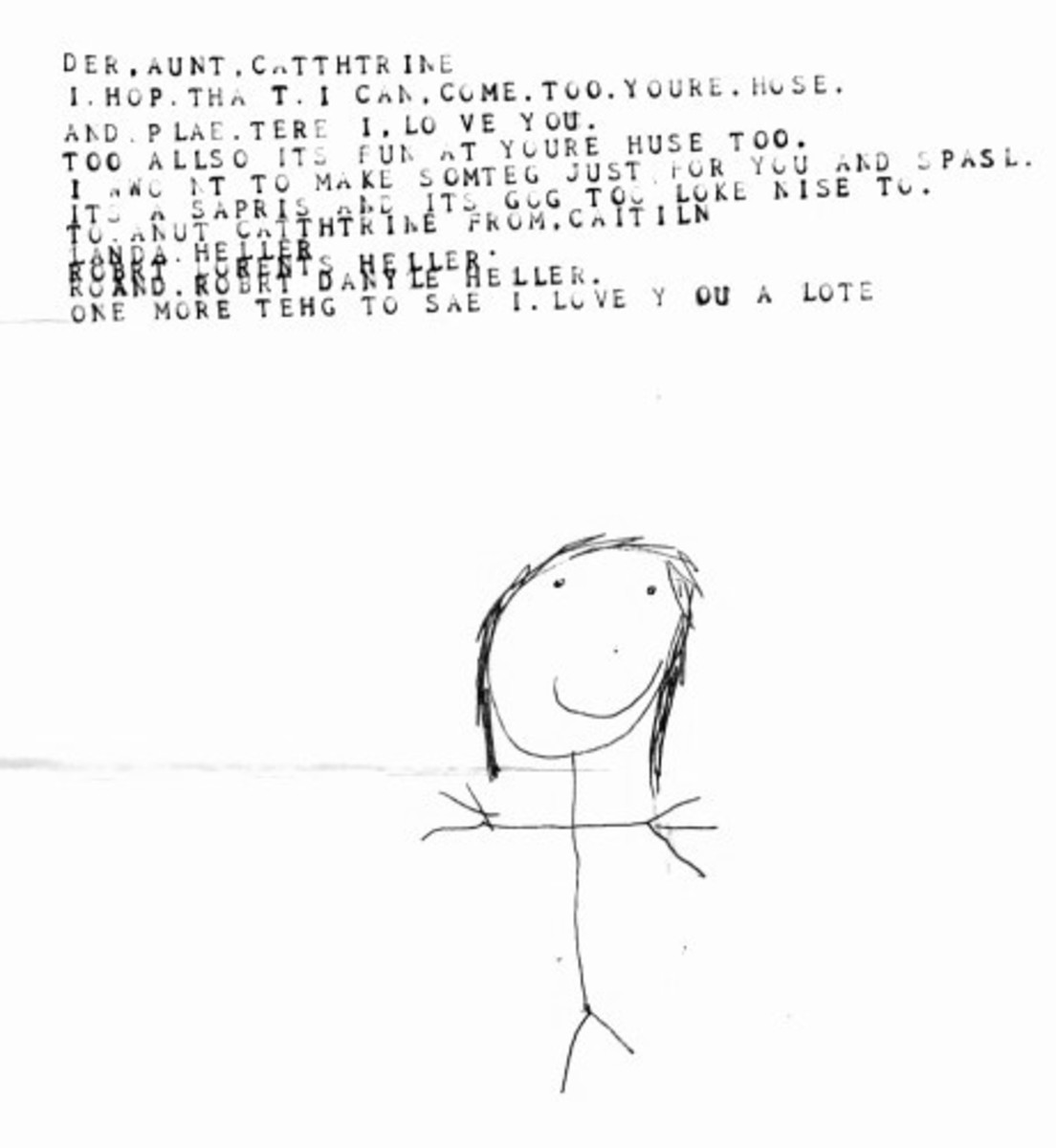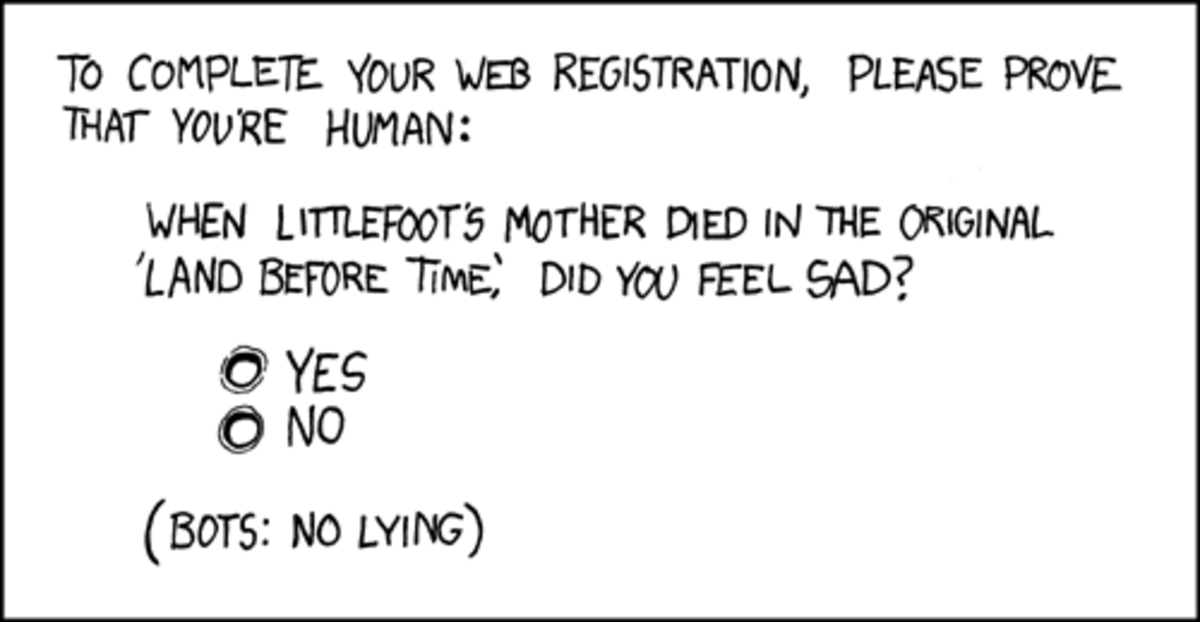Introduction to Chatspeak

While Baby Boomers were debating whether or not the PC could possibly replace a good Olympia typewriter and Gen X’ers were busy finding their favourite songs on MP3, technology leapt ahead at warp speed. Video phones, 3D televisions and cars that run on sunshine have gone from science-fiction to science-fact. People can make calls from their computers to another computer anywhere in the world and talk as long as they want - for free. And, if they have a webcam, they can even see each other while talking. Web-seminars or webinars can be held from home and businesses can outsource to contractors on the other side of the planet, making telecommuting a cost-effective way of conducting business.
Meanwhile, a whole new language evolved. Whether trying text messaging on the cell phone, instant messaging on MSN or participating in an online forum, a strange language keeps popping up. This new Short Message Service (SMS) language has intentionally misspelled words, words with numbers instead of letters and sentences with strange combinations of characters, symbols and punctuation.
Known as textese, textspeak, chatspeak, lol or netspeak, this alien new language isn’t so alien or new. In 1942, Eric Partridge published Dictionary of Abbreviations, which contained strange examples such as gd (good) and mth (month) that are very similar to today’s chatspeak.
After the invention of the Morse Code in the 1830’s, telegraph operators shortened words so messages would be quicker and easier to send. In the same manner, chatspeak was developed to allow people to communicate quickly, starting in the mid-1980’s with pagers that allowed limited text.
A branch of online communication known as 1337 Speak (pronounced, Leet Speak) sprang up, written solely with numbers and symbols making up the words. The numbers “1337” translate as “leet” which is short for “Elite.” Elite is an adjective to describe the user’s online prowess. In the 1980’s, having “elite” status on a Bulletin Board Systems (BBS) would give the user special privileges. Later, it was used mainly by online gamers as a way of being “cool.”
While it can be fun to play with, 1337/Leet can be complicated and time consuming to communicate in. There are several variations, but here is an example of a Leet Speak alphabet:
A = 4
| N = |/|
|
B = |3
| O = 0 (zero)
|
C = (
| P = |*
|
D = |)
| Q = 0,
|
E = 3
| R = |2
|
F = |=
| S = 5
|
G = 6
| T = 7
|
H = |-|
| U = |_|
|
I = |
| V = |/
|
J = 9
| W = |/|/
|
K = |<
| X = ><
|
L = 1
| Y = `/
|
M = |v|
| Z = 2
|
(Note: The front slash is used for the “N” because the backslash did not show up on many websites.)
Sample Sentence:
50|v|3 |*30|813 |-|4|/3 700 |v||_|(|-| 7||v|3
Some people have too much time
1337/Leet slang evolved and eventually merged with what is commonly known as chatspeak which uses abbreviations, common typos (ie. “teh” instead of “the”) and amusing misspellings such as adding a “z” at the end of words instead of an “s.” While 1337/Leet is rarely used anymore, chatspeak continues to thrive.

A Plan for the Improvement of English Spelling
For example, in Year 1 that useless letter "c" would be dropped to be replased either by "k" or "s", and likewise "x" would no longer be part of the alphabet. The only kase in which "c" would be retained would be the "ch" formation, which will be dealt with later. Year 2 might reform "w" spelling, so that "which" and "one" would take the same konsonant, wile Year 3 might well abolish "y" replasing it with "i" and Iear 4 might fiks the "g/j" anomali wonse and for all.
Jenerally, then, the improvement would kontinue iear bai iear with Iear 5 doing awai with useless double konsonants, and Iears 6-12 or so modifaiing vowlz and the rimeining voist and unvoist konsonants. Bai Iear 15 or sou, it wud fainali bi posibl tu meik ius ov thi ridandant letez "c", "y" and "x" -- bai now jast a memori in the maindz ov ould doderez -- tu riplais "ch", "sh", and "th" rispektivli.
Fainali, xen, aafte sam 20 iers ov orxogrefkl riform, wi wud hev a lojikl, kohirnt speling in ius xrewawt xe Ingliy-spiking werld.
(Note: Many have attributed this piece to Mark Twain, however scholars have found no evidence to support this claim.)
People have been abbreviating words since the time of ancient Egypt and others have looked down upon the practice just as long. That hasn’t stopped us from making appointments in the “p.m.”, going to the “fridge” for a snack, sending love letters “SWALK” or impishly sending cards with riddles such as:
2Ys UR 2Ys UB IC UR 2Ys 4 Me
(Too wise you are, too wise you be, I see you are too wise for me …)
Of course, the need to save time and energy is not the only reason that chatspeak has become so widespread. One of the most enjoyable things we can do with language is to play with it. Whether rhyming words, scrambling letters or mangling grammar, playing with language is fun.
Chatspeak allows whole words to be replaced with single letters or numbers:
ICU (I see you)
Single letters or numbers replacing a syllable:
CU l8r (See you later)
Combinations to shorten single or multiple words:
ur g8 (You’re great)
Forty subjects from 12 to 17 years old were asked to save all their text messages for one week. Then they took a standardized spelling test. Turns out that if you’re a good speller of the Queen’s English you’re also a good speller in textese. Conversely, if you’re a poor speller academically you make more errors in chatspeak. And those who used more abbreviations when texting tended to be better spellers of standard English.
The researchers suggest that chatspeak is a complex, innovative language. And they added that using and translating any new language requires concentration and creativity—and is a real brain workout.
- Christie Nicholson, reporter. 60-Second Psych: Is Texting Making Us Bad Spellers? September 23, 2009.
Despite the concerns that textese is the harbinger of death of the English language, research has shown that Text Speak is not producing a generation of lazy illiterate ninnies. As author David Crystal points out, before a person can play with words, they need to first know the language.
In May 2009, Reading and Writing published by Springer Netherlands released the results of a Canadian study that found texting “does not have a harmful effect on conventional written language.” The release states:
“With rare exceptions ... spelling ability was not related to use of new language in instant messaging.”
Although breaking linguistic rules can be very enjoyable, most texters know they need to be understood by the person receiving the message and avoid going too far. It’s pointless to send a message that breaks so many rules that it ceases to intelligible.
With that in mind, reach out to others online and have fun in your communications.

© 2012 I Am Rosa







